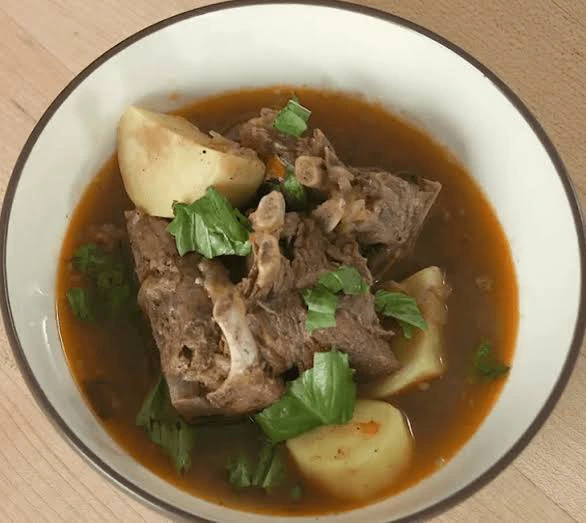High cholesterol is a serious problem that can affect your overall health. If left untreated, it can lead to heart disease, stroke, and other serious health risks.
The bad news is that many of the foods we eat contain cholesterol and can increase our risk for high cholesterol.
The good news is that there are some high cholesterol foods you should consume in moderation to reduce your risk of high cholesterol and related health issues.
In this article, we will discuss some of the most common high cholesterol foods that can damage your heart when taken excessively over time.
What is Cholesterol?
According to cdc, Cholesterol is a waxy fat-like substance found in the blood.
There are two main types of cholesterol: HDL (high-density lipoprotein) and LDL (low-density lipoprotein). HDL is considered “good” cholesterol because it removes bad cholesterol (LDL) from your blood. LDL is considered “bad” cholesterol because it increases your risk of heart disease.
When your levels of LDL cholesterol are too high, it can form a thick plaque that blocks or narrows your arteries. This can lead to stroke, heart attack, or other serious health problems.
Foods High in Cholesterol
Dietary cholesterol comes from the foods we eat, and while research shows that not all dietary cholesterol is bad for you, certain foods can increase your cholesterol levels significantly if consumed in excess.
Here are some of the most common foods high in cholesterol that can lead to high levels of bad cholesterol in your body:
Egg yolks: Egg yolks contain some of the highest levels of cholesterol per serving.
Just one egg yolk contains more than 200 mg of cholesterol, which is more than the recommended daily intake of dietary cholesterol for adults. If you eat more than one egg yolk per day, it adds up quickly and can lead to high cholesterol levels.
Organ meats:
Organ meats are very high in cholesterol. Lamb liver and duck liver contain some of the highest levels of cholesterol, with more than 230 mg and 384 mg per serving respectively. Other organ meats, such as beef, pork, and chicken livers, are also high in cholesterol, between 120–200 mg per serving.
Shrimp: Shrimp is an especially high cholesterol food, with more than 150 mg per serving. If you’re looking for an alternative to shrimp, try mussels or clams, which contain much lower levels of cholesterol per serving.
Saturated Fats: Saturated fats are found in a variety of foods and can increase your risk of high cholesterol. Saturated fats are found in red meats, full-fat dairy products, egg yolks, and tropical oils such as palm and coconut oil.
While these foods may contain some beneficial nutrients, they also contain high levels of saturated fat, which can increase your cholesterol levels.
Processed meats: Processed meats such as hot dogs, bacon, sausage, and deli meats are high in saturated fat and cholesterol as well.
Just two slices of bacon contain more than 10mg of cholesterol per serving, and one hot dog contains more than 80mg.
What are the Effects of High Cholesterol on the Heart?
High cholesterol is a major risk factor for developing heart disease. This is because long-term damage to your arteries can cause fatty deposits to form on the inside walls of your arteries.
These deposits, known as plaque, restrict the flow of blood to your heart. As plaque accumulates, it can become hard and calcified, leading to blocked or narrowed arteries that can cause a heart attack or stroke.
High cholesterol can also be dangerous for people with other risk factors for heart disease, such as age, high blood pressure, and poor lifestyle choices. Having high cholesterol can put you at risk for heart attack, stroke, and other serious health complications.
High cholesterol can be a serious health risk if left untreated. Eating foods high in cholesterol can lead to high cholesterol levels in your body, which can damage your heart and put you at risk for heart attack or stroke.
Be sure to consume these foods in moderation to reduce your risk of high cholesterol and related health issues. If you are concerned about your cholesterol levels, be sure to talk to your doctor about ways to lower them.


